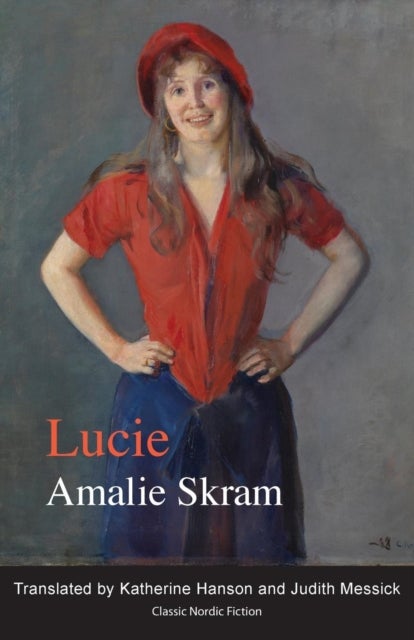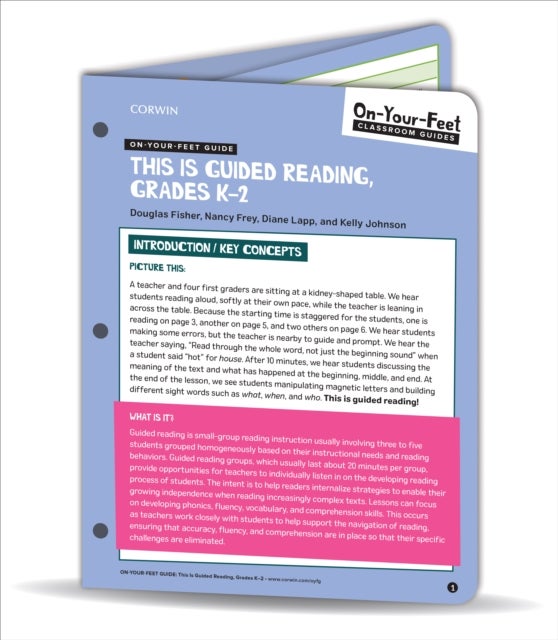
Lucie av Amalie Skram
229,-
This novel tells the story of the misalliance between Lucie, a vivacious and beautiful dancing girl from Tivoli, and Theodor Gerner, a respectable lawyer from the strait-laced middle society of nineteenth-century Norway. Having first kept her as a mistress, Gerner is so captivated by Lucie''s charms that he marries her, only to discover that his project to turn her into a proper and demure housewife is continually frustrated by her irrepressible sensuality and lack of fine breeding. What had made her alluring as a mistress makes her unacceptable as a wife. His attempts to govern her behaviour develop gradually into a harsh tyranny against which she rebels in a manner which brings misery and despair to both.Amalie Skram, a contemporary of Ibsen, expresses the same criticism of repressive social mores and hypocrisy here as he does in plays like A Doll''s House and Ghosts, although in a deeply personal way. In this novel from 1888, as in her other novels, she makes an impassioned statemen








